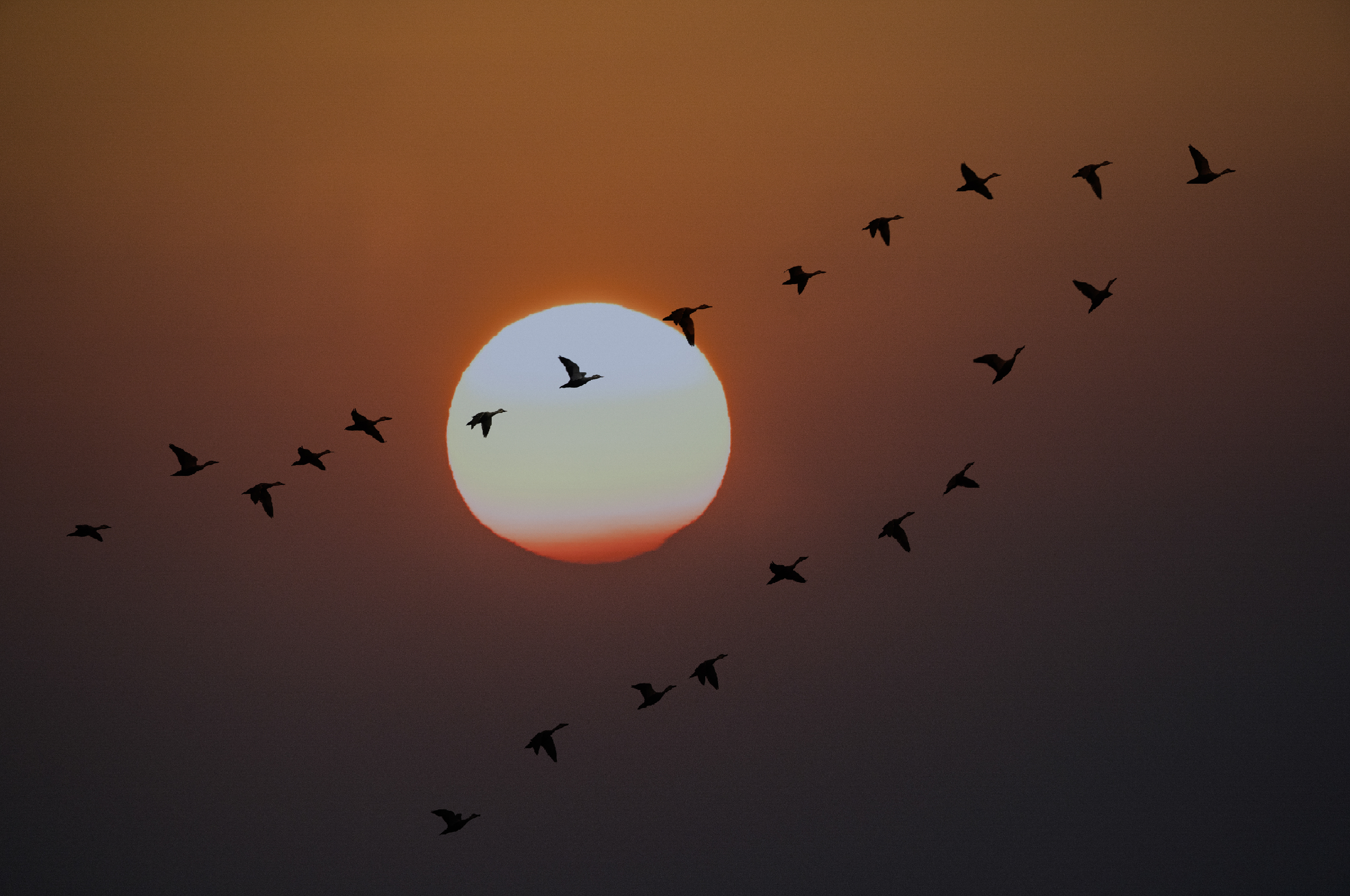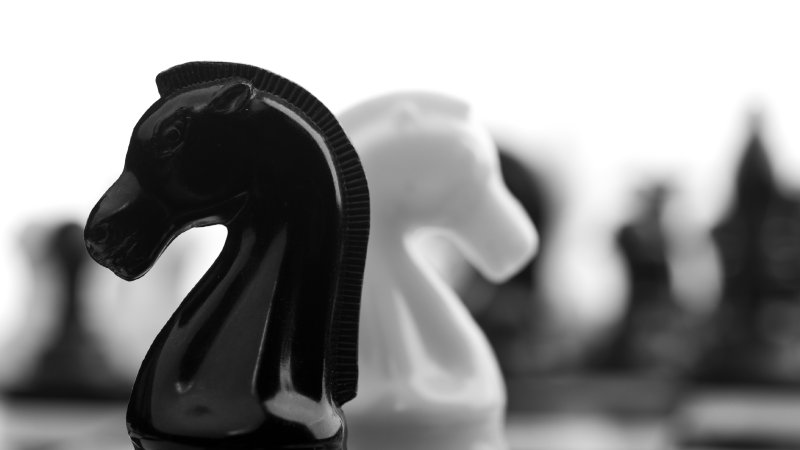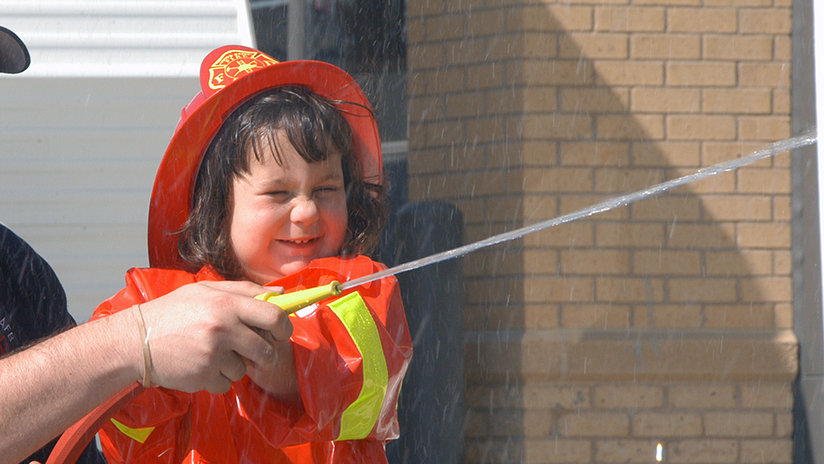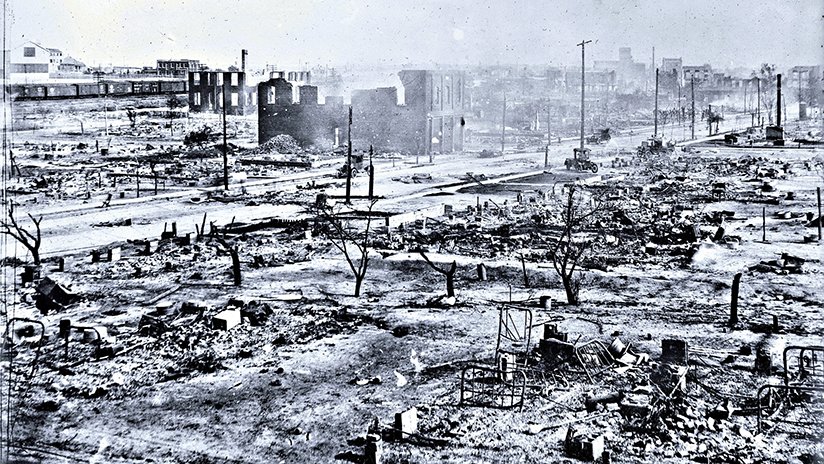
-
HOME
-
WHAT IS STANDOur Mission Our Values Our Help Contact
-
WHAT WE FIGHT FORReligious Freedom Religious Literacy Equality & Human Rights Inclusion & Respect Free Speech Responsible Journalism Corporate Accountability
-
RESOURCESExpert Studies Landmark Decisions White Papers FAQs David Miscavige Religious Freedom Resource Center Freedom of Religion & Human Rights Topic Index Priest-Penitent Privilege Islamophobia
-
HATE MONITORBiased Media Propagandists Hatemongers False Experts Hate Monitor Blog
-
NEWSROOMNews Media Watch Videos Blog
-
TAKE ACTIONCombat Hate & Discrimination Champion Freedom of Religion Demand Accountability
This Year, Pray For the Bigots
At a Yom Kippur service, the rabbi departs from his written sermon and asks how many members of his congregation have considered fleeing the U.S. for fear of persecution. A majority raise their hands.

In Los Angeles, two citizens vying for the mayor’s office contend bitterly over who is willing to condemn a minority religion more.
At the end of the day, the hater and the racist—and the fool who believes these two—are deeply troubled souls.
In Texas, a man running for railroad commissioner billed himself in a TV appearance as “the only Christian on the ballot.” His opponent is Jewish.
Five years after the Tree of Life Synagogue massacre—the worst single antisemitic event in American history—14 years after the Matthew Shepard and James Byrd, Jr., Hate Crimes Prevention Act, and a quarter-century after the signing of the International Religious Freedom Act of 1998, America cannot appear to wash its hands of hate.
Is hate something so soldered into human nature that any attempt at its prevention is doomed to failure? Are bigotry, racism, xenophobia and prejudice against minority religions as American as apple pie and the Statue of Liberty? Should we pat ourselves on the back once a year on Martin Luther King’s birthday and then go back to bile-as-usual within 24 hours?
America’s original sin, slavery, required a Civil War to expunge. The president presiding over that war offered a prayer—seven weeks before he would become the final fatality of that war—for “a just and lasting peace among ourselves.”
That prayer has yet to be answered. Possibly it can never be answered in a melting pot society that doesn’t quite melt, wherein people of different faiths, origins, customs and appearances do not wish to lose the individual beauty and marvel of their uniqueness. Or possibly the prayer offered by the Great Emancipator needs a slight edit: from “a just and lasting peace among ourselves” to “a just and lasting peace within ourselves.”
Are we at our best when we hate and spew harmful lies about our fellow human beings? Doesn’t the cocktail conversation darken even when we so pleasantly—even wittily—dig at those who were not invited to the party?
When we read something venomous on social media and take a moment to view it with perspective and reflection, can we really trust its author to make considered judgments in his or her personal or public life?
At the end of the day, the hater and the racist—and the fool who believes these two—are deeply troubled souls. They shout not to emphasize their hostile point, but to drown out the turbulence and terror within themselves. For, at the end of the day, hatred is fear. Fear becomes distrust, distrust becomes the willingness to believe the worst of a person or group, and that willingness is the engine that drives hate.
Let us pray for the bigot and the hater to find peace within himself. Perhaps then we’ll have a fighting chance to realize Lincoln’s dream.









